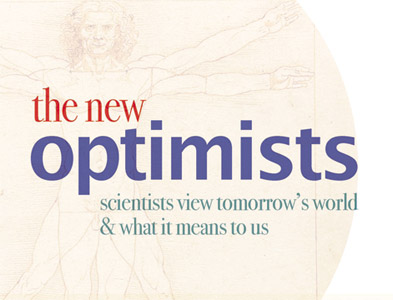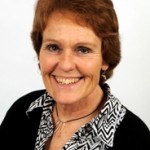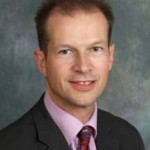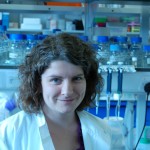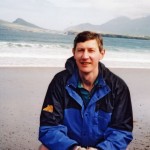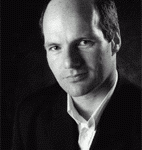Jenny Uglow is a renown author and historian. She wrote the acclaimed The Lunar Men, and has recently published a biography of Charles IIÂ A Gambling Man to critical acclaim.
She has written the Foreword to The New Optimists, reproduced here:
The New Optimists is the most exhilarating of books. It looks to the future, not through rose-tinted glasses, but with a clear vision, aware of difficulties and challenges yet convinced that research and experiment can help the human race to overcome them. It seems entirely right that scientists should step forth and speak out in this way, on the 350th anniversary of the founding of the Royal Society. Right too that the 2010 meeting of the British Science Association should be held in Birmingham, a place that has always been a town of forges and anvils, of making and invention, a crucible of ideas.
In 1660, the men who gathered at Gresham College in London, determined to explore the universe they inhabited, decided to form a society, said their historian Thomas Sprat, to enjoy ‘the satisfaction of breathing a freer air, and of conversation in quiet with one with another, without being engaged in the passions, and madness of that dismal age’. In Birmingham, that spirit was continued a century later in the men of the Lunar Society, among them James Watt and Matthew Boulton, Erasmus Darwin, Josiah Wedgwood, Joseph Priestley and the chemist James Keir. Their interests ranged from astronomy, optics and electricity to chemistry, engineering and metallurgy, and to medicine and botany, and their long collaboration brought together their different experiences and skills, providing lifelong support. They too looked to the future, setting aside political differences, and concerned above all to make the world a better place.
The current collection of short essays – brief answers to the question ‘What are you optimistic about?’ – is itself a kind of conversation. In the great tradition of the Royal Society it brings together a great range of specialists from the region, free from political agendas or mercenary aims. And just as the original Lunar Men felt they were changing their world, so these men and women are changing ours, and collectively they have far more impact than individually.
The list of contributors is dizzying. The majority work in medicine and life-sciences, the region’s great strength. But they share this book with engineers, chemists, computer and digital media scientists, environmental and energy experts and the wilder shores of research into games programming or forensic linguistics. The topics covered are therefore varied and wide-ranging, from cell memory and genome sequencing to urban ecosystems, from vital ways to reduce carbon emissions to crop rotation and even the notion of ‘happiness’. And while ‘optimism’ is a term that implies application, the importance of pure research becomes increasingly clear.
The future that is unveiled can also induce vertigo. It is extraordinary to think that people may live to be 1000, or that ‘we are about to enter an age when having a copy of one’s own genome sequence is as common as carrying a mobile phone is today’. Scientists, it seems, are often visionaries. All these essays are imbued with a driving spirit of curiosity, combined with energetic analysis, and often with passion. Yet the most idealistic, or imaginative scenarios also coexist with a realistic toughness – a recognition that solving one set of problems, like improvements in health, can lead to others, like the challenges of ageing. That particular theme evokes a typical variety of response, with some contributions dealing with specific problems like ‘renewing’ eyes, while others play with scary ideas of neurocognitive prostheses – or cheerier ones like the benefit of taking up the tango.
The issues are serious, but the answers will often make you laugh. All the writers convey their own excitement in their work, and we are privileged that this fascinating collection allows us to share it. New researchers and old hands all have their say, making no bones about the need for persistence, the long hours in the lab and the frequent frustrations. For some, the rare moments of revelation make everything worthwhile. For others, the greatest pleasure comes from slow, fruitful collaboration. No one here feels that their research is conclusive, or that final discoveries can be made. Like the early scientists, and the men of the Lunar Society, they are still voyagers, standing on the shore looking out towards misty horizons. There will always be new questions to answer – and this in itself is a cause for optimism.







